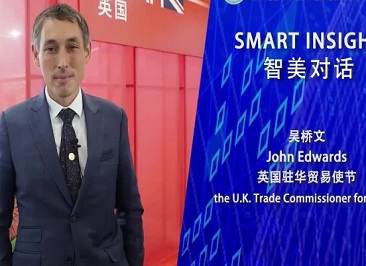Chongqing commemorates 70th anniversary of war victory
Updated:2015-09-09
Xinhua
CHONGQING -- Over 1,000 people gathered at Hongyan Revolutionary Memorial Museum square in Chongqing, Southwest China, on Saturday to mark the 70th anniversary of the World War II victory.
Chongqing city leaders delivered speeches to the group, who were mainly veterans and their relatives.
An exhibition featuring the cooperation between the Kuomintang (KMT) and the Communist Party of China (CPC) during the war also opened on Saturday at the museum.
Gao Ruiping, 73, who is the son of a soldier who was killed during the war, said: "My mother told me that when my father fought the Japanese invaders bullets were not enough. But at the parade the day before yesterday I saw so much advanced equipment, I felt proud of my country."
Pan Chun, a WWII veteran said the event reminded people of the important role the city had during the war, as the wartime capital.
Japan launched a bombing campaign in the city that lasted more than six years; a part of history that should never be forgotten, he said, "People need to protect peace and never let that dark chapter of history be repeated."
The capital moved from Nanjing to Chongqing on Nov. 20, 1937. The Bombing of Chongqing by Japan occurred from 1938 to 1944. The targets were civilians, mainly in residential areas, schools and hospitals. The bombings killed and injured more than 30,000 people.
Hongyan museum sits along the bank of the Jialing River. It was the southern base for CPC Central Committee during the Chinese People's War of Resistance against Japanese Aggression.
Video

John Edwards, the UK trade commissioner for China, praised Chongqing over its rise as a burgeoning center in intelligent manufacturing.





